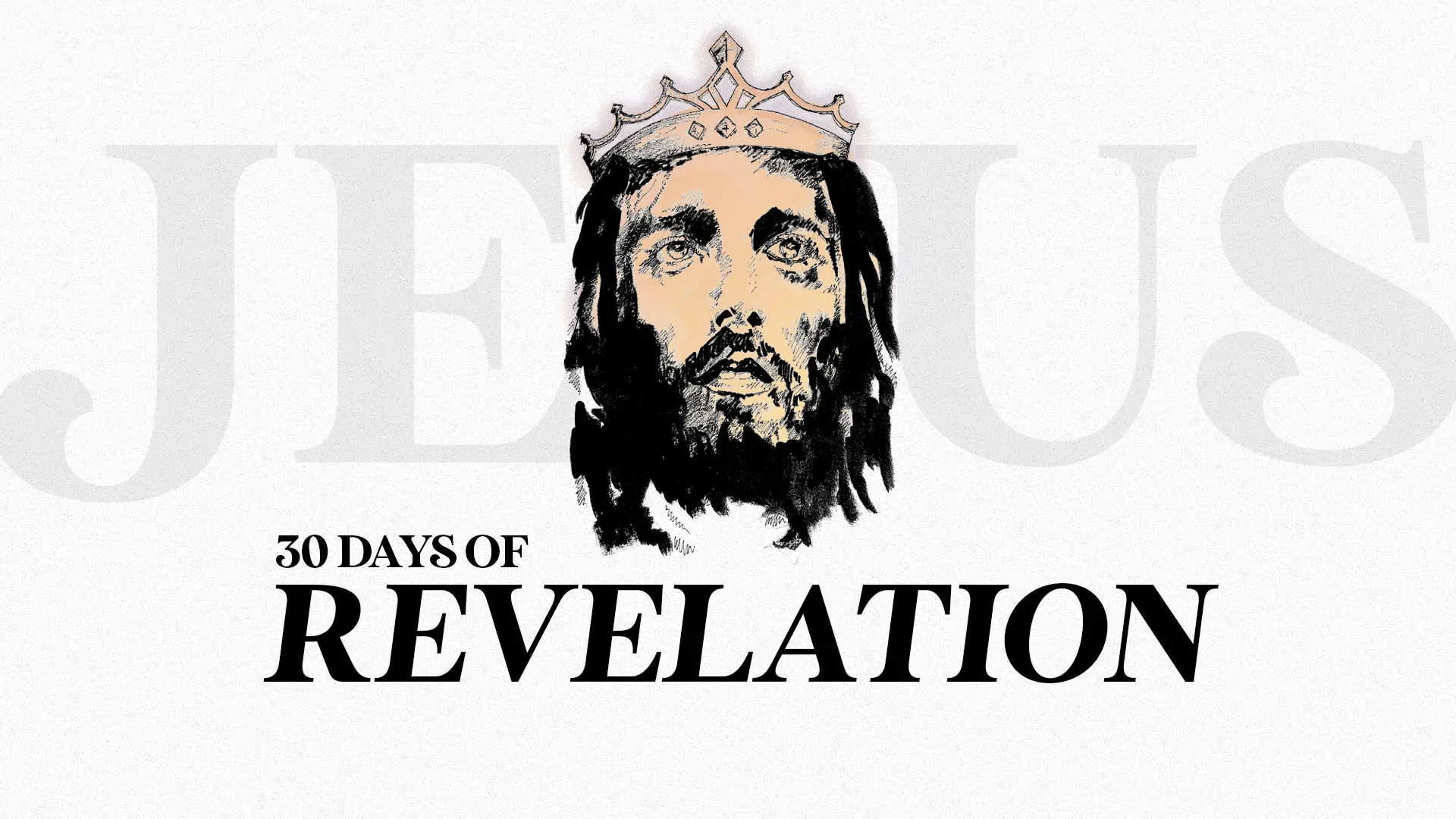As we enter the third church we start to see a pattern emerge. Jesus gives a description of Himself to each church at the beginning of each letter, mostly based upon the overall description of Jesus given in the first chapter. Jesus reveals a different aspect of Himself to each church, and as a whole-body, we have a more whole picture. In other words, no one church has the full revelation of Christ because we need each other to see Him as He is.
Interestingly as well, each church is given the revelation of Jesus needed by them at that time to help them in what they are struggling with. Jesus’ nature is to serve, even when He is revealing Himself. For example, to Ephesus, the loveless church that needs to return to Him, He reveals that He is in their midst and holds them in His right hand of favour, as faithful and as loving as He was in the beginning (2:1). To the suffering church in Smyrna dying for their faith, He reveals that He is the one who is faithful from the beginning to the end and has already defeated death. When we come to the church at Pergamos, we find them struggling with moral and doctrinal compromise. Here He reminds them that He is the living Word and it is a two-edged sword in His mouth (vs 2:12).
Pergamon was a religious centre for Pagan worship and an intellectual centre for Asia boasting a library of over 200,000 parchments. It is credited with the invention of paper on which the Word of God would be distributed around the world and one of the main pagan deities being worshipped was the image of a serpent. Jesus named it the place of Satan’s throne and referenced Antipas, a believer who laid his life down for the testimony of Jesus. Antipas is not known outside of this mention in Scripture but his name means ‘against all’. This is probably a picture of believers who stood for the Truth of the Christian Gospel, and who stood against all in that culture.
So this church is a picture of compromise, penetrated from the pervading culture of immorality and false doctrine in which it’s found itself. The warning from Jesus was to return from compromise to the Truth of His Word or the Truth of His Word would be the very instrument He would use to judge them.
The promise? The believer who overcomes the temptation to compromise to the world’s standard of morality and the world’s standards of truth will be given the supernatural bread from heaven, (John 6:51) Jesus himself, which will sustain life and truth eternally. Not only that, Jesus will give a precious stone, possibly a diamond, although it is not stated, even if it is a diamond, what will be more precious is that on it will be written a name that Jesus has given that believer Himself. It signifies a unique and personal heritage given by the Lord and we will bear that name for eternity. I wonder what your name will be?
Here’s what we can know from these verses:
- Jesus is the Word that separates us from compromise. No matter how dark the days we live in, even if we live in a time and city where Satan has set up His throne, we can return to the Living Word to fix our eyes on and build our life upon.
- We are often defeated from the small battles from within before we are defeated by the enemies from beyond. The doctrine of Balaam and the doctrine of the Nicolaitans were internal battles in the church and potentially within the believer. Balaam means not of the people and Nicolaitins means conquering the people. The solution is Jesus, The Two-edged Sword, one edge brings salvation the other brings judgement. Use God’s Word to renew and judge your own heart before He does.
- Jesus has written over you a name which only He knows. Jesus has chosen a name for you and when we submit our lives to what He has written in His Word, He continues to write our story on a precious stone in the form of a name that He speaks over us for eternity.




